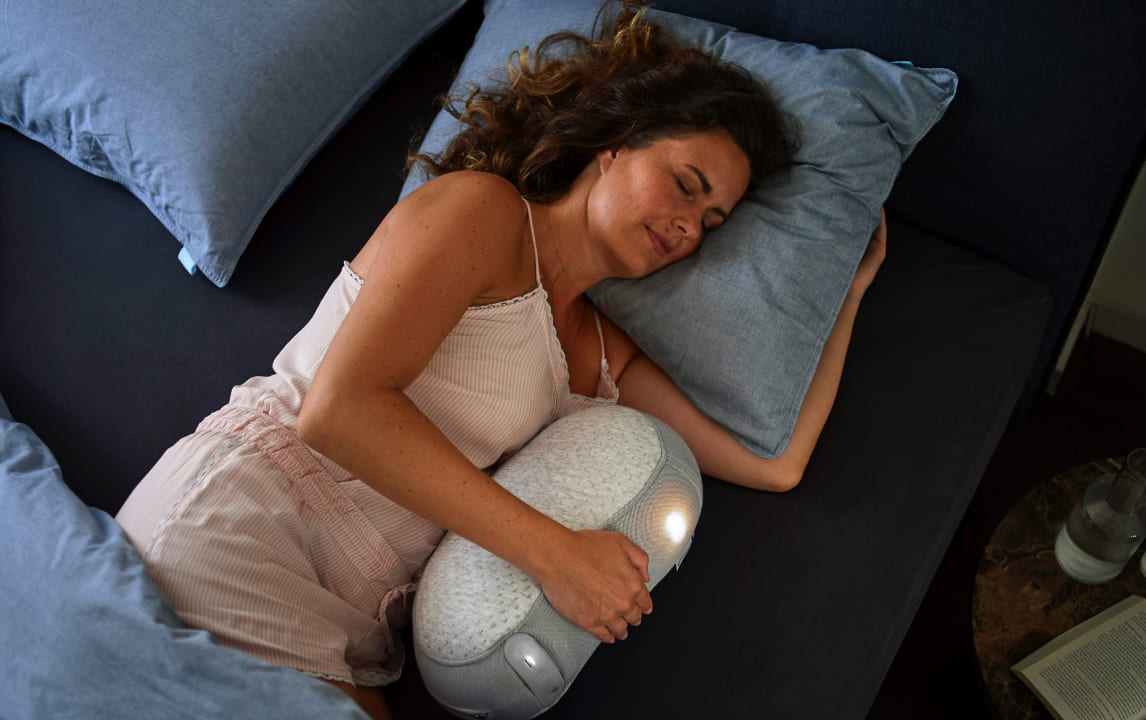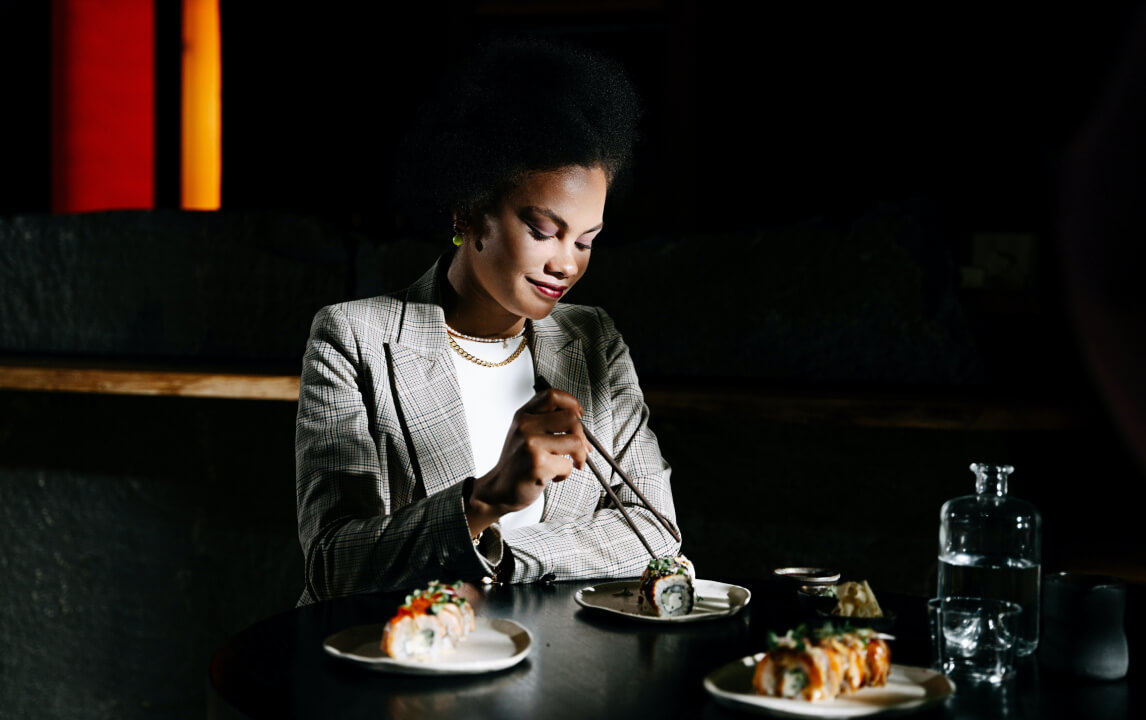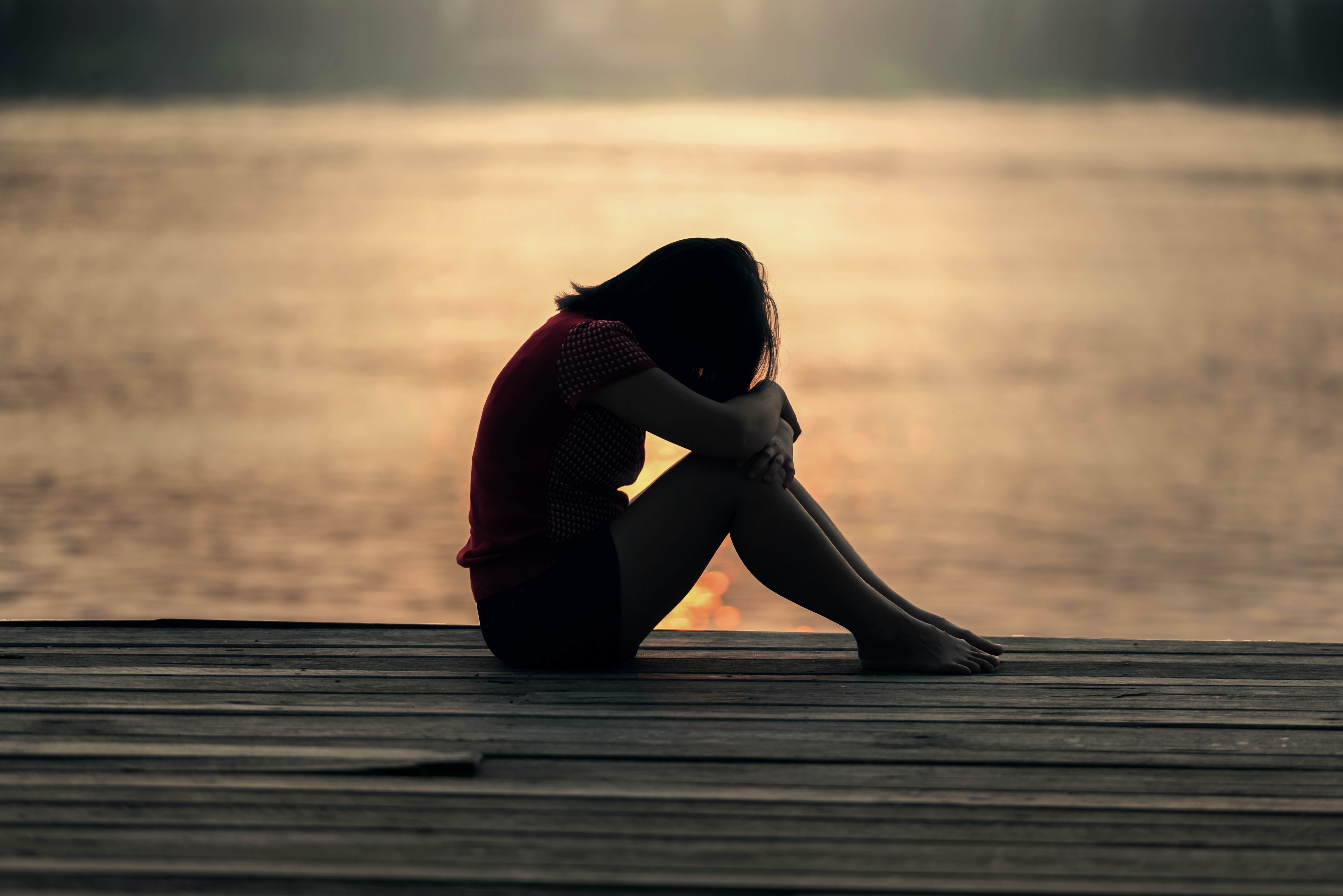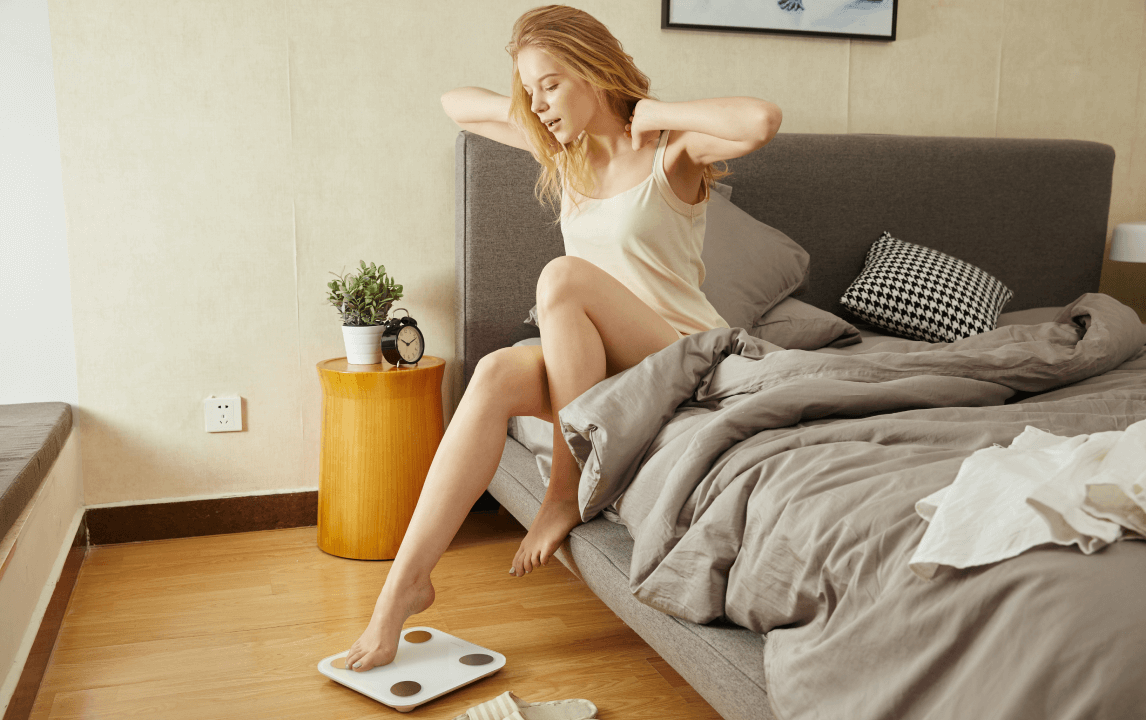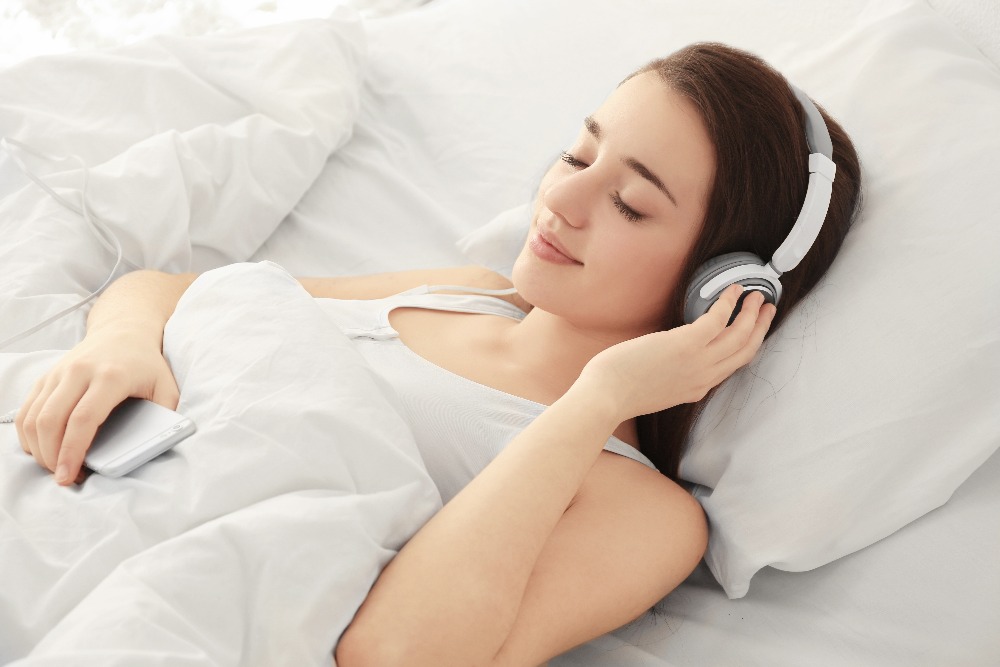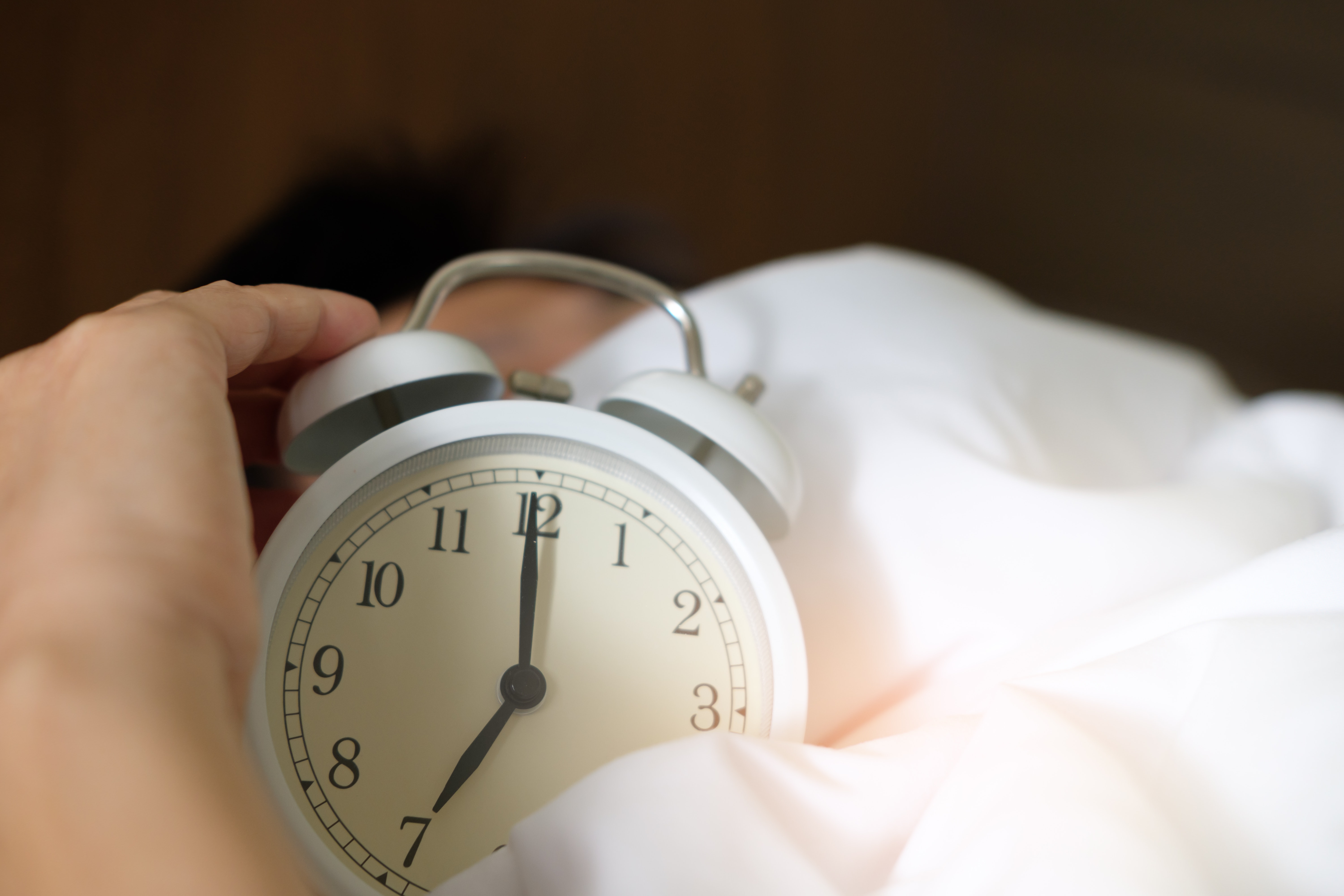Do you know that our sleep is influenced by light to a greater degree? Do you feel that sleeping in the dark is better than a bright room? Light affects the production of melatonin which is an essential hormone for our sleep-and-wake cycle.
There is a much deeper connection between light and sleep and the influence brought to different people also varies. For example, you may find that taking a daytime nap is as sweet as sleeping in a dark room.
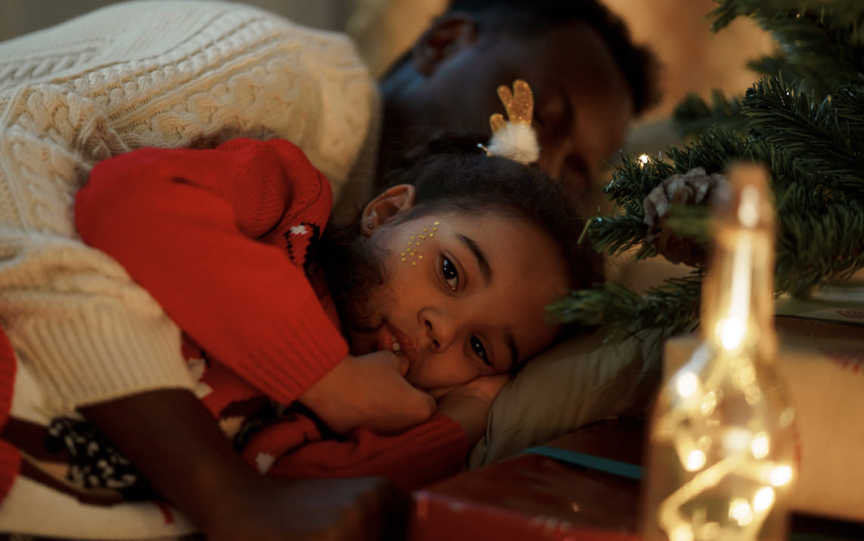
What Happens If Sleeping with Lights On?
Before leaving a light on at bedtime, consider the following consequences.
1. Impair Body’s Clock
Lighting disrupts our Circadian rhythm and causes melatonin production to be disturbed. As a result, you can develop a circadian sleep-wake disorder.
2. Prevent Getting Deep Sleep
When you sleep shallowly or lightly, you can’t get into deeper sleep states because your brain activity is diminished.
In addition to conditions that directly affect your brain, a lack of deep sleep has also been linked to the following side effects:
- Depression
- Obesity
- Higher blood pressure
- Migraines
- Chance of developing insomnia
- Risks of chronic illness
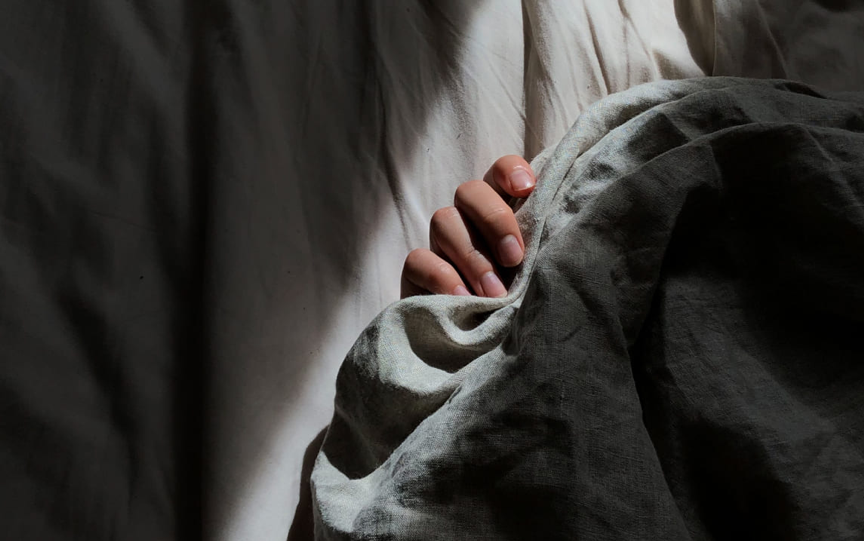
How to Avoid Sleeping with Lights On?
Light can disrupt your sleep both day and night, but you don’t need to throw out extra bulbs. Here are some simple ways to prevent light from interfering with your rest:
1. Use A Red Or Yellow Night Light
If you need to use a night light, choose a red or yellow hue. These light colors don’t suppress the body’s natural production of melatonin the way blue light does.
2. Turn Off Electronic Devices
Reduce the use of electronic devices before bed, which can cause blue light and disrupt sleep. It is recommended to use anti-blue light glasses. Amber lenses are the best lens for blocking blue light.
3. Use An Eye Mask Or Blackout Curtain
An eye mask or blackout curtain is very effective, which can block artificial or ambient light while you sleep.
4. Don’t Watch TV Before Bed
Studies have found that it releases strong blue light, which can disrupt your sleep.
When Is It Okay to Sleep with Lights On?
Having a bright light two hours before bedtime can make you sleepier at night. It’s worth noting that natural light outside your window in the morning makes it easier to wake up in the morning, as white light can improve our alertness and mood.
Other situations where you try sleeping with lights on include:
1. Afternoon Naps
For an afternoon nap, leaving the lights on may prevent you from slipping into a coma that lasts for hours and makes you wonder what day it is.
2. Scattered Children
When your child is afraid of the dark, a small nightlight may do less harm than sleep delays and anxiety. You might try a nightlight that fades after your child falls asleep to phase out the extra light.
3. Elderly People
If you have diminished vision or physical dexterity and fear falling, you may prefer to have a nightlight.
Consider developing a better sleep environment where lights will not interfere with your sleep if you have long-lasting sleeping difficulties that affect your energy, thinking, or mood.
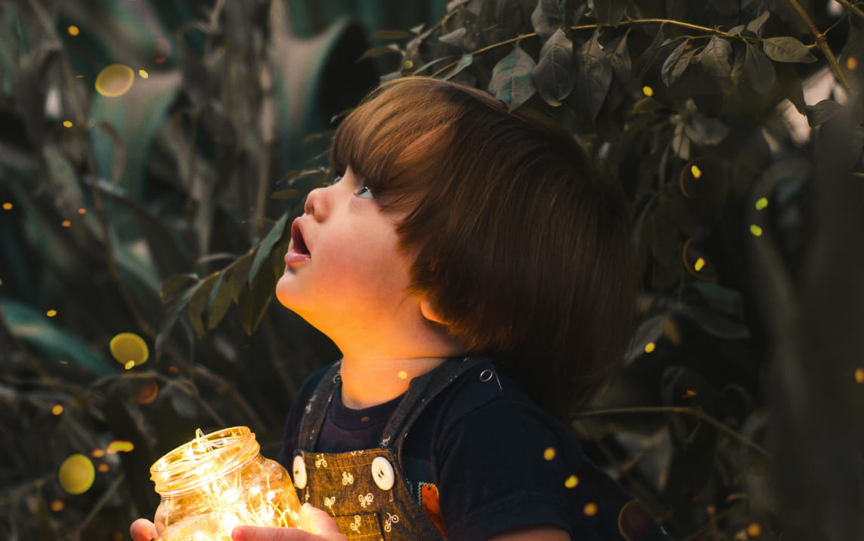
Sleeping with Lights On: What Color Light Helps You Sleep?
Color does affect our mood and sleepiness. Brightness, hue, and saturation all determine whether the color is suitable for promoting sleep or wakefulness. So if you try sleeping with lights on, how to choose the light you sleep in?
1. Use Red or Amber Light
Red or amber light most likely to affect our circadian rhythms and make us drowsy. This kind of light helps us feel calm at night and boosts melatonin production, and may even improve our overall mood and mental health.
2. Avoid Blue or White Light
Blue or white light makes us feel more alive and alert before bed or during bedtime. The reason is that our brain cells are most sensitive to blue wavelengths. Studies have shown that blue wavelengths can even affect blind people, disrupting their circadian rhythms even when they can’t see color.
Conclusion
Many people don’t realize that using light at night can interfere with sleep, especially sleeping with lights on. Peaceful sleep requires darkness, so it’s best to sleep with lights off.


